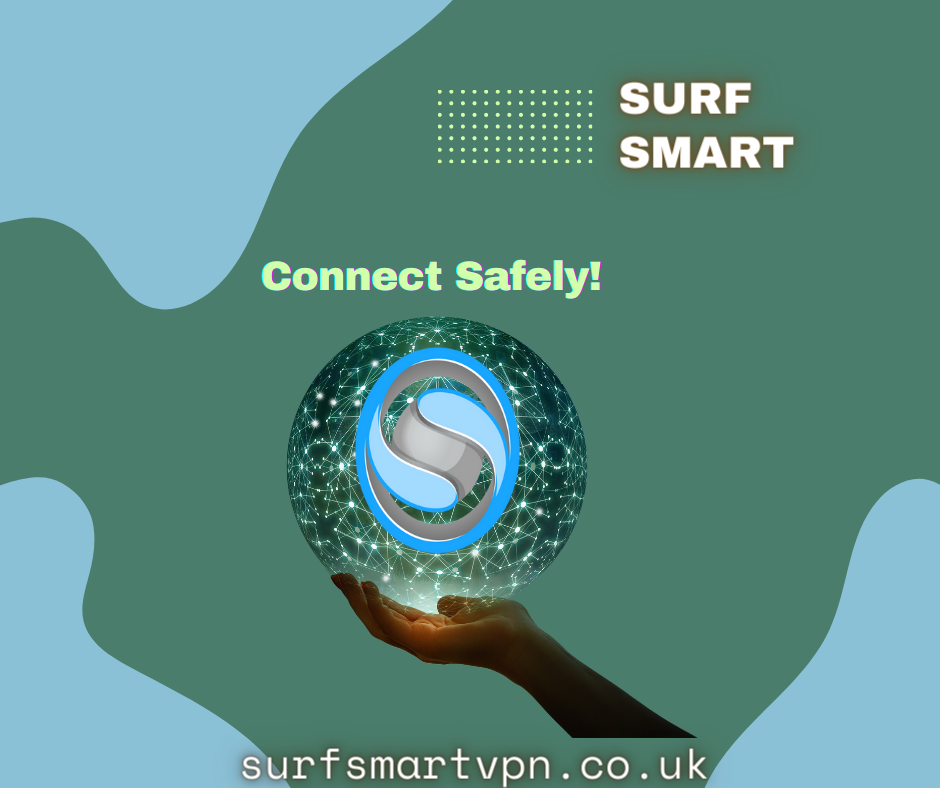Introduction
In an increasingly digital world, privacy and security have become paramount. With rising concerns over data breaches, surveillance, and online tracking, many users have turned to Virtual Private Networks (VPNs) as a solution. But what exactly are VPNs, and how do they work? This comprehensive guide will explore the technology behind VPNs, their benefits, potential drawbacks, and everything you need to know to make an informed decision about using a VPN.
How Do VPNS Work? Understanding the Technology Behind Them
At its core, a VPN is designed to create a secure connection between your device and the internet. It accomplishes this by routing your internet traffic through a private server operated by the VPN provider. Let’s break down the primary functions of a VPN:
Encryption: When you use a VPN, your data is encrypted before it leaves your device. This means that even if someone intercepts your data while it's in transit, they won't be able to read it.
IP Address Masking: Your real IP address is hidden and replaced with one from the VPN server. This anonymity makes it difficult for websites or malicious actors to track your online activities.

Secure Tunneling Protocols: A variety of protocols (like OpenVPN, L2TP/IPsec) are used by VPNs to establish secure tunnels for data transmission. These protocols determine how data is encrypted and transmitted.
Geolocation Spoofing: By connecting to servers in different geographic locations, users can access content that may be restricted in their country—think streaming services like Netflix or BBC iPlayer.

Address for the VPN Server: An Integral Component
The address for the VPN server refers to the unique identifier used by your device to connect to the chosen server. This address can be either an IP address or a domain name provided by your VPN service. When you select a server location within your VPN application, this address plays a critical role in establishing that secure connection.
VPN Address: The Gateway to Secure Browsing
The term VPN address often refers to either the IP address assigned by the VPN or the public-facing IP address of the server you're connected to. Knowing this information can help you understand how your internet traffic is routed through different locations while keeping your personal information safe.
The Benefits of Using a Virtual Private Network
1. Enhanced Security Features
One of the most compelling reasons for using a VPN is enhanced security features that come with it:
- Protection Against Hackers: Especially when using public Wi-Fi networks. Secure File Sharing: Allows safe transmission of sensitive files without exposure. Data Encryption: Provides robust encryption protocols ensuring unauthorized users can't access your information.
2. Online Privacy Assurance
With increasing surveillance online, many individuals question is a VPN worth it? The answer leans toward yes due to:
- Anonymity: It masks your IP address. No Logging Policies: Many reputable providers don’t log user activity. Protection from ISP Tracking: Prevents Internet Service Providers from monitoring browsing habits.
3. Overcoming Geo-restrictions
Another significant advantage is overcoming geo-blocked content:
- Allows access to region-specific services like Hulu or BBC iPlayer. Bypasses censorship imposed by governments.
Advantages of Using a Virtual Private Network
When contemplating whether are VPNS worth it, consider these key advantages:
1. Cost-effective Solution for Privacy Protection
Many premium services offer competitive pricing without compromising on quality:
- Regular discounts and deals available.
2. Flexibility Across Devices
You can use a single account across multiple devices—be it smartphones, tablets, or laptops—making them versatile tools for modern users.
3. Remote Access Capabilities
If you’re working away from home or traveling, accessing company resources securely becomes effortless with remote connections enabled by business-grade VPN solutions.
Disadvantages of Using a Virtual Private Network
Despite their numerous advantages, there are potential drawbacks associated with using VPNS:
1. Reduced Speed and Bandwidth Limitations
Using encryption can slow down internet speeds due to additional processing required during data transfer—though more reliable services minimize this impact significantly.
2. Compatibility Issues with Some Services
Certain platforms might restrict traffic from known VPN IP addresses leading users into frustrating experiences trying to access desired content.
3. Cost Consideration for Premium Services
While there are free options available— how much is a vpn?—the best performance typically comes at a price; hence researching various vpn prices can ensure you get value for money.
How Can I Change My VPN Location? A Step-by-Step Guide
Changing your location on any given platform via a Virtual Private Network is straightforward:
Open your VPN application. Navigate to servers list. Select desired country/server location (e.g., UK). Connect and check if new IP reflects changes using sites such as WhatIsMyIP.com.This feature is particularly valuable when seeking content not available in specific regions!
FAQs
1. What does VPN stand for?
A Virtual Private Network (VPN) enables secure connections over less secure networks such as public Wi-Fi.
2. How does using a VPN protect my privacy?
By encrypting internet traffic and hiding actual IP addresses how to get vpn iphone while routing through designated servers which improves anonymity online.
3. Are all free VPNS safe?
Not necessarily; many free offerings come with risks including malware exposure or selling user data—always research before opting into free services!
4. Is it illegal to use VPNS?
Generally speaking—no! However some countries impose restrictions on usage; always consult local laws regarding legality before proceeding.

5. Can I use my smartphone with VPNS?
Yes! Most major providers offer mobile applications compatible across all popular platforms including Android/iOS devices!
6. How do I choose the best VPN?
Consider factors like speed performance reviews security features compatibility pricing etc., along with checking current best vpn deals available on market today!
Conclusion
In summary, understanding how do VPNS work allows individuals and businesses alike not only protect their online presence but also enjoy unrestricted access across various platforms worldwide without compromising personal information safety!
So whether you're looking into streaming options abroad or simply want peace-of-mind while browsing through unsecured networks—a reliable Virtual Private Network serves as an indispensable tool catering towards diverse needs today!